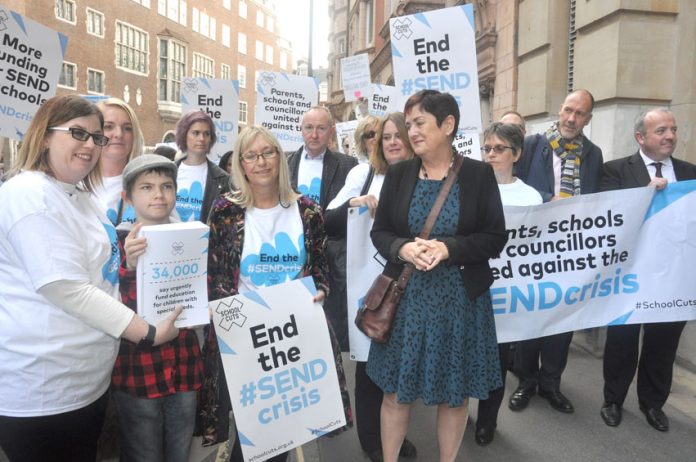
A NATIONAL Education Union snapshot poll of 1,026 teachers in England paints a harrowing picture of the increase in poverty seen in our schools and the daily impact it is having on children and young people. 46% of teachers confirm that holiday hunger has got worse compared to three years ago.
63% of respondents say that more families are unable to afford adequate winter clothes or shoes compared to three years ago. 46% of teachers believe that there are more housing issues (poor quality, insecure, overcrowded or temporary accommodation) compared to three years ago.
53% of respondents believe that more children and young people will go hungry over Christmas. 40% of respondents say schools are having to provide extra items for children and young people and their families because of increased poverty.
Teachers readily gave distressing examples from their school about the effect living in poverty was having on the children and young people they teach. As the cold weather sets in, teachers’ observations included: ‘Mute students, going cold, making excuses, feeling ashamed.’ ‘We are buying them coats on a scale never seen before.’
‘I found out last week that a third of my class sleep in their uniforms as they don’t have pyjamas.’
‘Kids come in without winter coats even in the coldest weather, or with shoes held together by tape.’ ‘Holes in shoes, no outside coat, trousers far too short, holes in clothes, still wearing sandals/unsuitable footwear in November (on very cold days).’
‘We give free school dinners to children who don’t qualify for FSM (free school meals) because their parents work but have contacted us to say they have no money that day.’
‘One student wore his trousers backwards as he didn’t want anyone to know he had holes in the knees.’
Further, the poll revealed that the impact of living in poverty on children and young people’s education is stark. Teachers observed a wide range of consequences including absence from school (83%), behavioural issues (85%), concentration (81%), health (59%) and lateness to school (79%).
These are shameful findings that have no place in a modern society. In-work poverty, housing issues such as high rents, homelessness and insecurity, as well as fears about how matters would deteriorate with Universal Credit, were other areas of concerns raised by teachers.
Commenting on the poll, Dr Mary Bousted, Joint General Secretary of the National Education Union, said: ‘This is a Dickensian picture of the poverty that far too many children and their families are having to endure. The government is out of touch with the distressing new reality of children’s daily lives: with what it means to live without enough money for basics, such as food, shoes and adequate clothing.
‘The government has failed to recognise the human cost of its cuts to schools and other children’s services and to the social security system, and its failure to address the in-work poverty faced by 1 in 5 workers.
‘The UN Envoy Philip Alston concluded in his recent report that the government is in a state of denial about the levels of poverty in the UK. The government must stop hiding from the facts. Children can’t escape the poverty trap without an urgent change to national policies.’